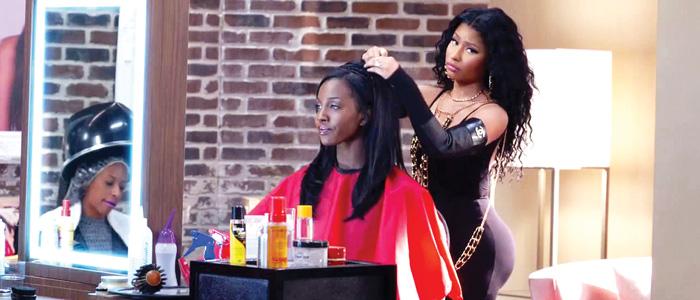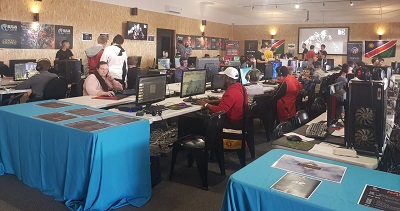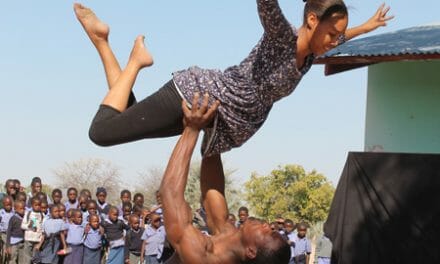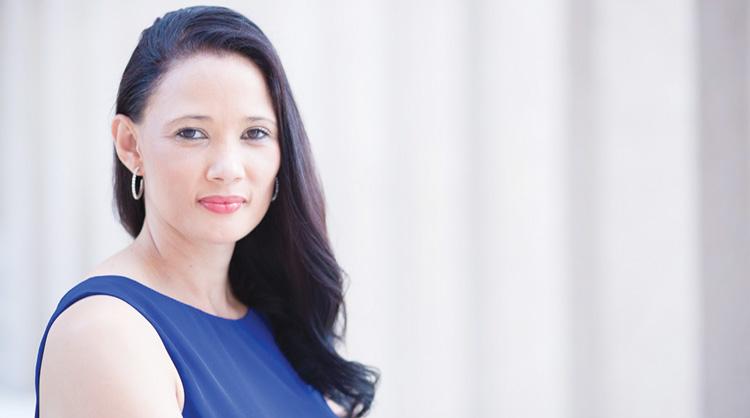
Barbershop: The Next Cut – Film Review

Our last visit at Calvin’s Barbershop was twelve years ago. A lot of things have not changed; old man Eddie is still inappropriate and Calvin is still trying to make sure that his barbershop runs smoothly. Only this time, the barbers have to get used to sharing their man-cave of sorts with the women, since the Barbershop is now co-ed.
For about an hour and forty minutes we are encapsulated in the stories, debates and conversations that are shared between the employees at the shop about issues that plague our society. There is no shying away from any topic and the conversations range from gang-related fear and politics to racy gender norms and the challenging of stereotypes. Even though the backdrop of this film is south side Chicago, the topics unpacked cover affairs that society deals with as a whole, which can relate and speak to various demographics.
The tropes are nothing we have not seen before. Calvin and his wife, Jennifer (Jazmin Lewis), are struggling to raise their son, Jalen (Michael Rainey Jr.), in a neighbourhood where the pressure of gang initiation waits at the doorstep for a young boy his age. We also see how infidelity can creep into a marriage when the brash and buxom Draya (Nicki Minaj) challenges Rashad’s (Common) and his wife, Terri’s (Eve) union when she seems keener to offer Rashad some womanly care and support. Raja (Utkarsh Ambudkar) is the only non-African American in the shop, who suggests that maybe America’s minority population’s opportunity for growth is not as stunted as they might like to think. All these things are happening while the barbershop employees try to figure out how they can encourage more peace in their violent neighbourhood. Most, if not all the tropes in this film are life-long topics, but this movie accepts that some issues never really get old – and it certainly does not shy away from unpacking those issues. What makes these topics work is their relevance, but instead of us having to watch a political report on television, or attend a university panel discussion about gender norms, we are seated in a less controlled environment, which opens up for more comfortable, unadulterated conversation.
Most parts of the movie do not call for a structured plot; a number of issues surface as possible sub-plots but are discarded just as quickly as they are introduced. The movie does however manage to keep it together enough for us to have a solid story to follow but otherwise you are following conversations and opinions, and picking up on feelings of fondness as well as fear.
The potency of this movie really comes from the way it manages to break a number of patterns throughout the story and I think this is why from start to finish it is so engaging. Tension is created with the hot topics at hand and then deflated with a flippant joke or punch-line, or with a scene change. But most of the topics are so real and though-provoking that even when your frame of thinking is changed, the reality still lingers throughout the movie. The comic relief is timed really well and it is that kind of risky, unapologetic humour that sits right at the edge between tasteful and trashy. I personally think the story is set to emulate the patterns of real life as well as normal conversation. Both thoughtful and indulgent, Barbershop has that sense of community and realness that makes for a heart-felt viewing experience.












































